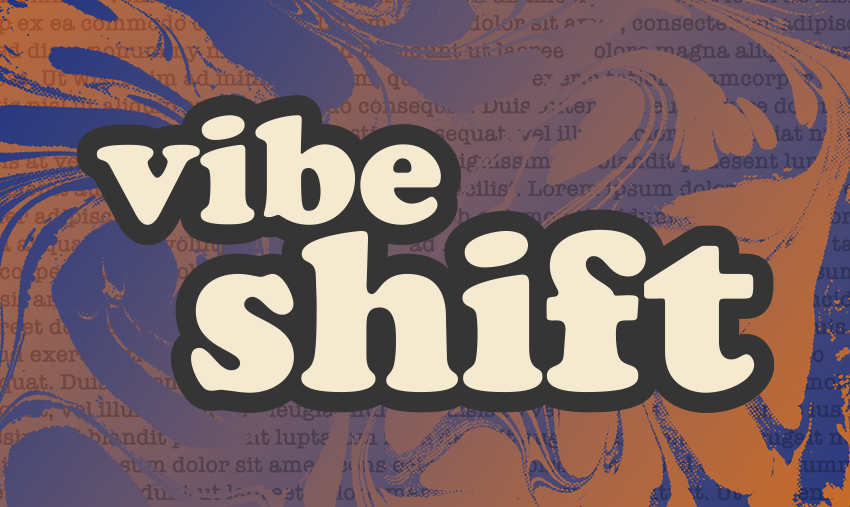Pookie is problematic… but is “Pookie” too?
Tracing a troublesome term of endearment

On Jan. 30, I received a request from a reporter who wanted to ask me about the word “pookie.” As a somewhat public-facing linguist, I field such requests often, but it seemed really weird that this reporter who covers the Gen-Z beat was asking me about a term that I associate with my grandmother. I’d say my definition of the term “pookie” was “an affectionate term for a significant other or close relative, especially if they are cute and younger than you.”
Unfortunately, I soon learned that the internet had recently been taken by storm by Campbell and Jett Puckett, a Georgia couple that initially gained fame in a series of TikTok videos where Jett complimented Campbell’s outfits. In the videos, Jett often refers to Campbell as “Pookie,” in phrases such as “Pookie is looking absolutely fire today.”
For a moment, the internet loved the Pucketts. Jett’s a wife guy, who’s clearly appreciating his beautiful wife’s sense of style. They’re a well-dressed, sweet-speaking, wealthy white couple! What could possibly be objectionable? Well, on Feb. 1, Campbell (aka Pookie) issued a sort-of apology, after old photos emerged of her wearing an antebellum costume. As Madison Malone Kircher notes in The New York Times, this is part of the internet’s flavor-of-the-week life cycle.
This particular error, reveling in revisionist history about the Civil War and/or pretending that Black folks weren’t terrorized for centuries in the name of “states’ rights,” is a very common one (especially among The Bachelor contestants, for some reason). In fact, it’s the very genesis of the phrase “milkshake duck.” Pookie’s past came back to haunt her, and so everyone has likely already moved on to Tiktok’s next microstar.
Pookie was problematic, but what about “pookie,” the affectionate nickname that had spread across TikTok like wildfire? Was this just another case of white people online “suddenly” discovering terms that had existed for decades or centuries in Black communities? The twist with “pookie” is that this doesn’t seem to be the case, and the whole situation is an illustration of the complicated work of tracing etymologies.
Several sources observe that “pookie” has been used as a term of affection since the 1930s, with a resurgence in the ‘60s. It’s also particularly popular in the South–and yes, among African-Americans–but with wider uses that date to the mid 20th century. “Pookie” did experience a boom in 2023, before Campbell and Jett Puckett burst onto the scene, with TikTokers like JRScotty being referred to as “pookie” by fans.
So while the term has increased in popularity since Gen-Z folks got hold of it, I think this one isn’t a case of racial appropriation. It’s more one of young people learning a word that was previously regional/older, and then finding new uses for it. And that is part of the life cycle of language: words come and go, and mostly we don’t pay attention to them. But when you encounter a new one, especially during February, it’s probably worth taking a moment to consider where and when the word came from, and whether it’s actually “new,” or just new to you.
Vibe Shift is a column by linguist Nicole Holliday that examines how words and phrases are moving across the internet. Each month, we’ll explore new topics related to how the language and culture are changing.
